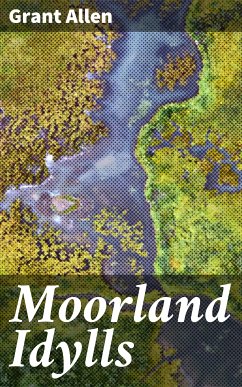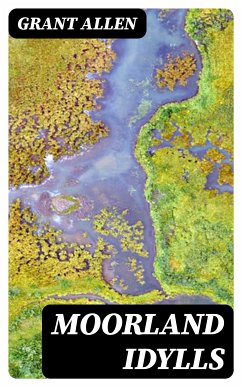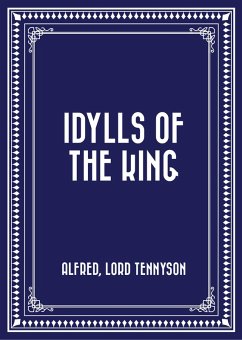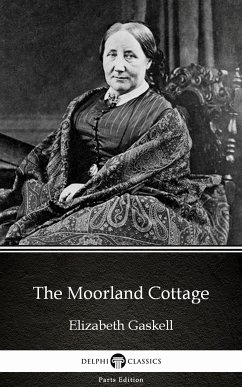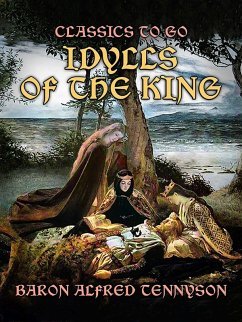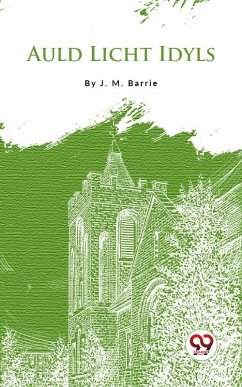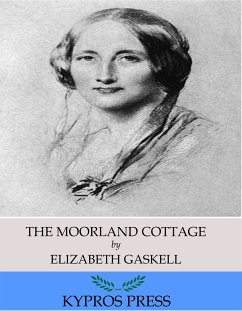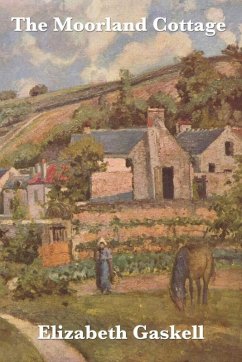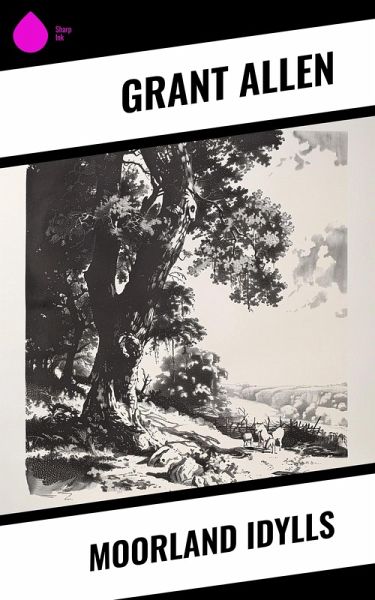
Moorland Idylls (eBook, ePUB)

PAYBACK Punkte
0 °P sammeln!
In "Moorland Idylls," Grant Allen crafts a series of evocative tales that delve into the intricacies of human emotion against the backdrop of the British moors. Rich in natural imagery and characterized by a lyrical prose style, the book offers a narrative oasis where the pastoral beauty of the landscape serves as both setting and character. Allen's narratives are intertwined with themes of love, loss, and social critique, reflecting the Victorian era's fascination with nature and the human psyche, as well as its complexities, mirroring contemporary debates on society and the environment. Gran...
In "Moorland Idylls," Grant Allen crafts a series of evocative tales that delve into the intricacies of human emotion against the backdrop of the British moors. Rich in natural imagery and characterized by a lyrical prose style, the book offers a narrative oasis where the pastoral beauty of the landscape serves as both setting and character. Allen's narratives are intertwined with themes of love, loss, and social critique, reflecting the Victorian era's fascination with nature and the human psyche, as well as its complexities, mirroring contemporary debates on society and the environment. Grant Allen, a prominent figure in the late 19th-century literary landscape, was a science writer and a fervent advocate of social reform. His interest in anthropology and the natural world infused his work with profound insights and a desire to depict the less-explored facets of human life. These influences shine through in "Moorland Idylls," as Allen masterfully portrays the nuances of rural existence, embodying both the beauty and brutality of nature and society. Readers drawn to literature that poignantly captures the intersection of humanity and nature will find "Moorland Idylls" to be a compelling addition to their collections. Allen's enchanting storytelling and profound understanding of character make this work an essential exploration of the human experience set against the majestic moorland backdrop.
Dieser Download kann aus rechtlichen Gründen nur mit Rechnungsadresse in A, B, BG, CY, CZ, D, DK, EW, E, FIN, F, GR, HR, H, IRL, I, LT, L, LR, M, NL, PL, P, R, S, SLO, SK ausgeliefert werden.




